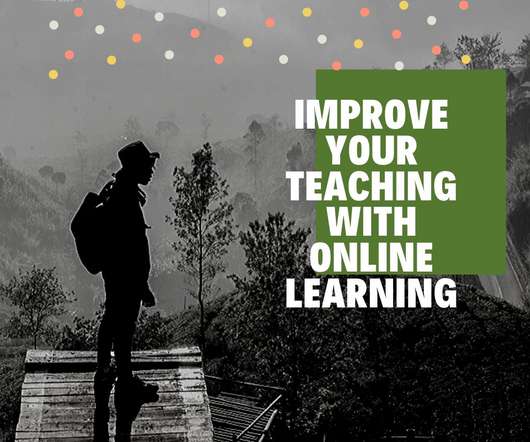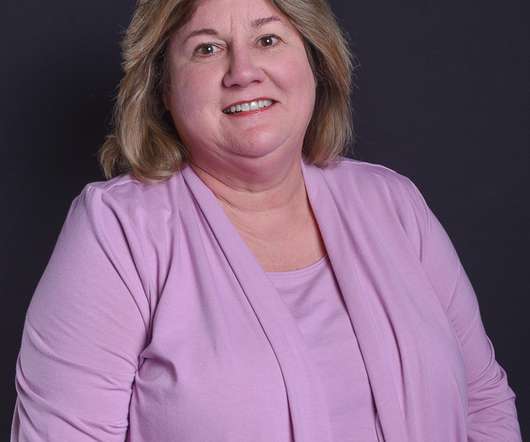Culling Your Social Media Past
ProfHacker
MARCH 9, 2017
One of the challenges, however, is that much of my social media is pretty wide open and easily accessible through a google search of my uncommon name. 8478 tweets with swear words (unintended consequence – the initial count includes tweets that have anything to do with assessment, assistant, associate, class, pass, etc.











































Let's personalize your content